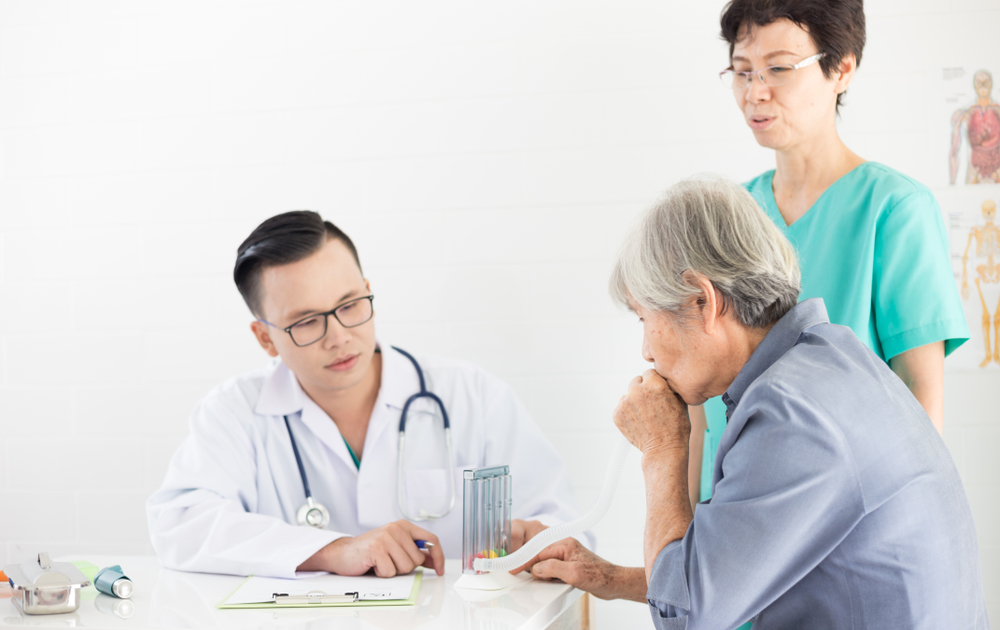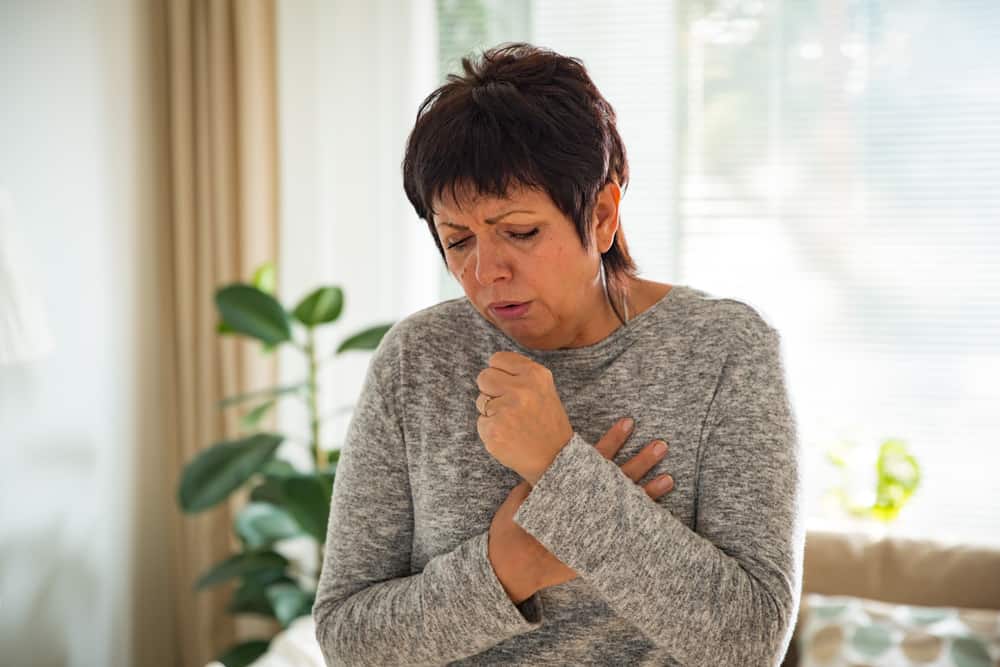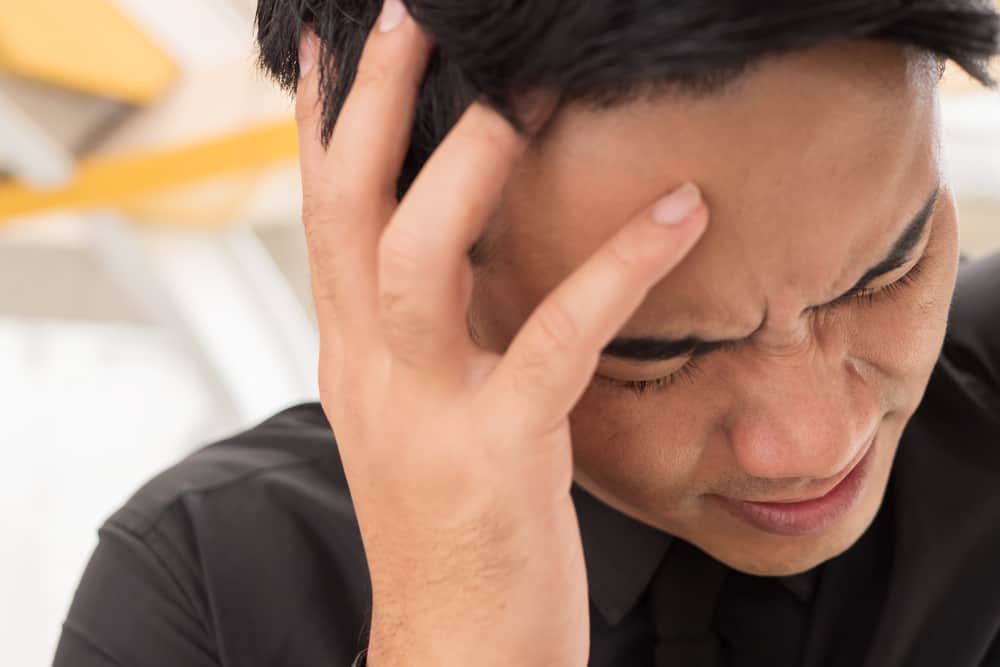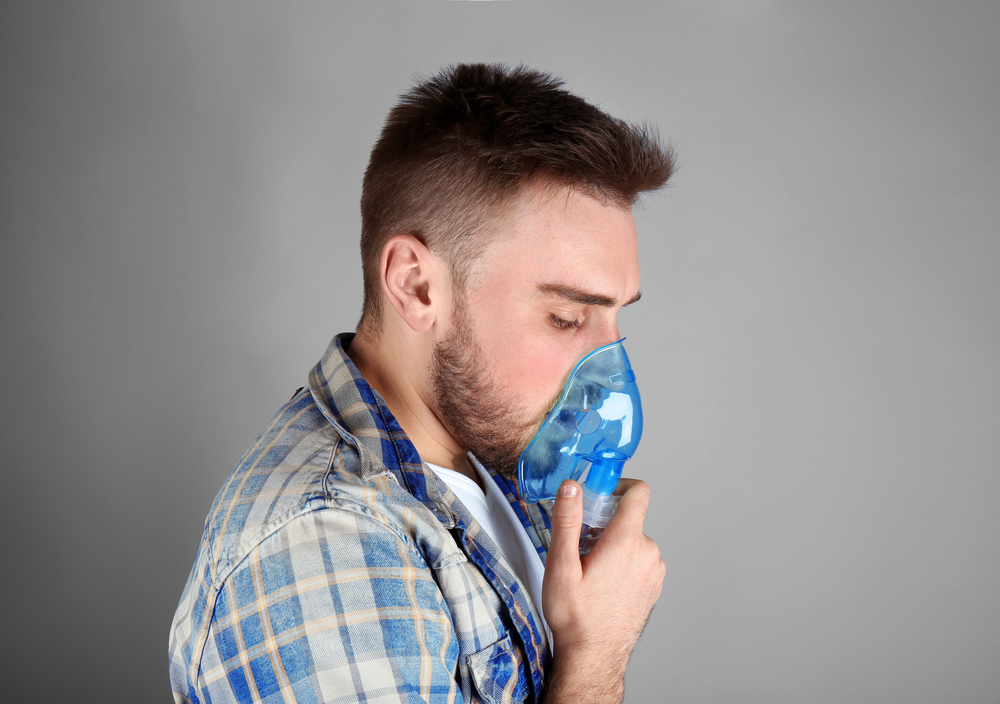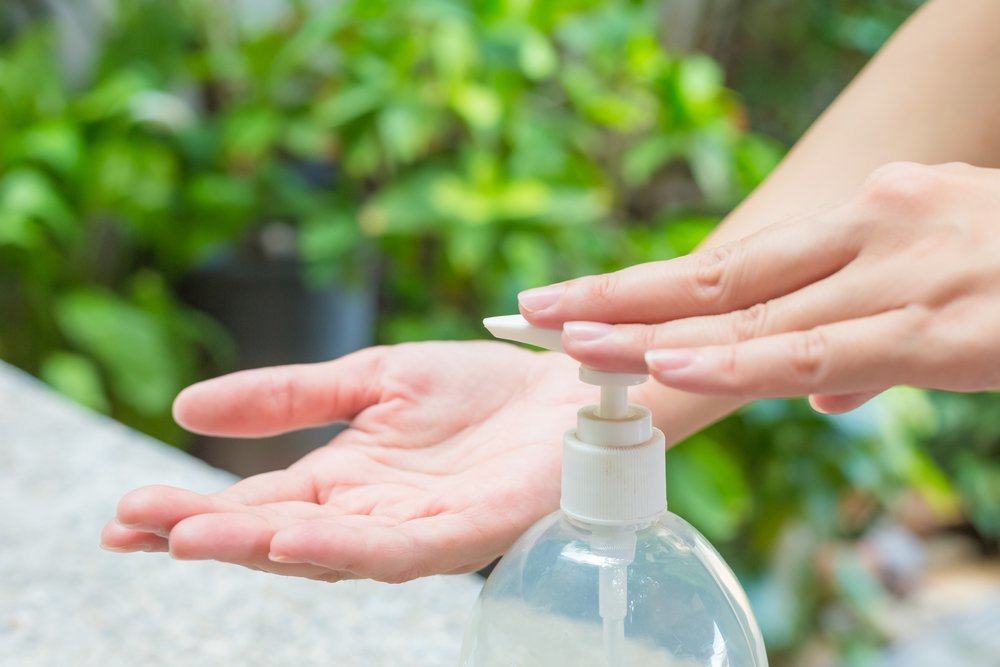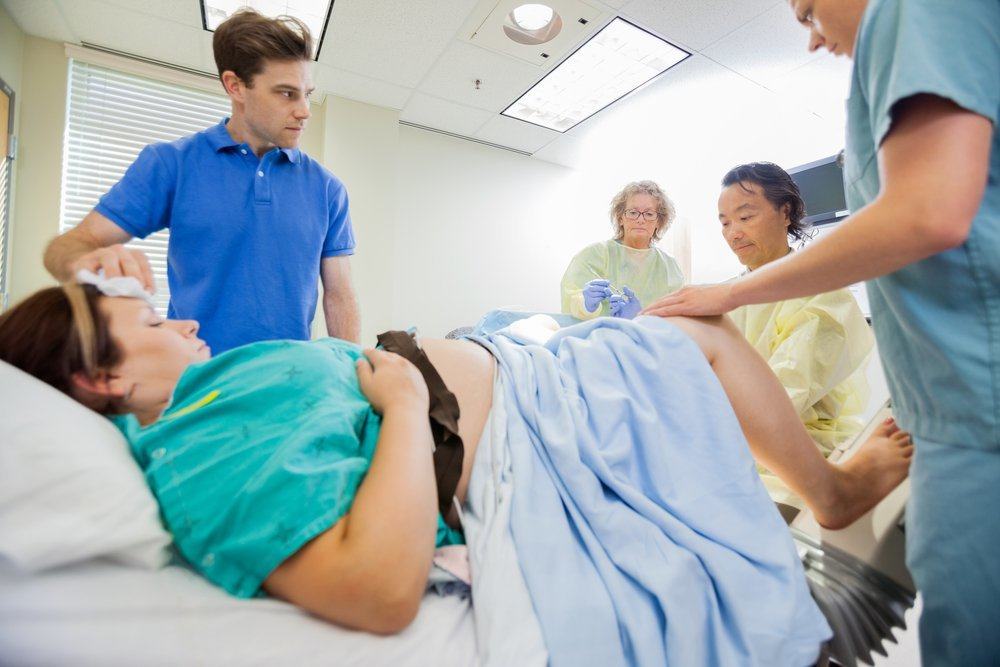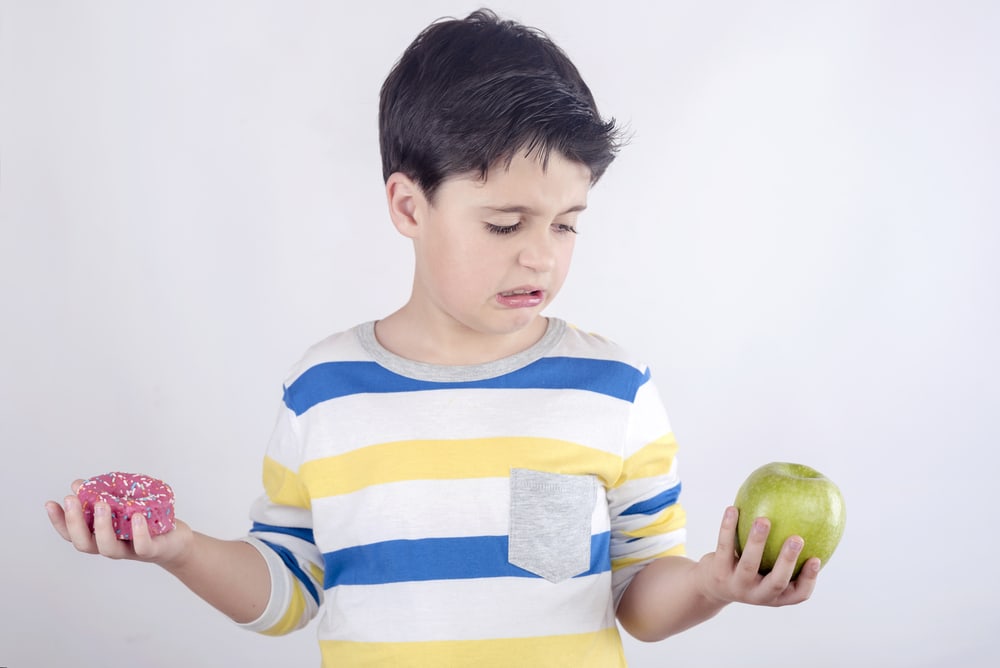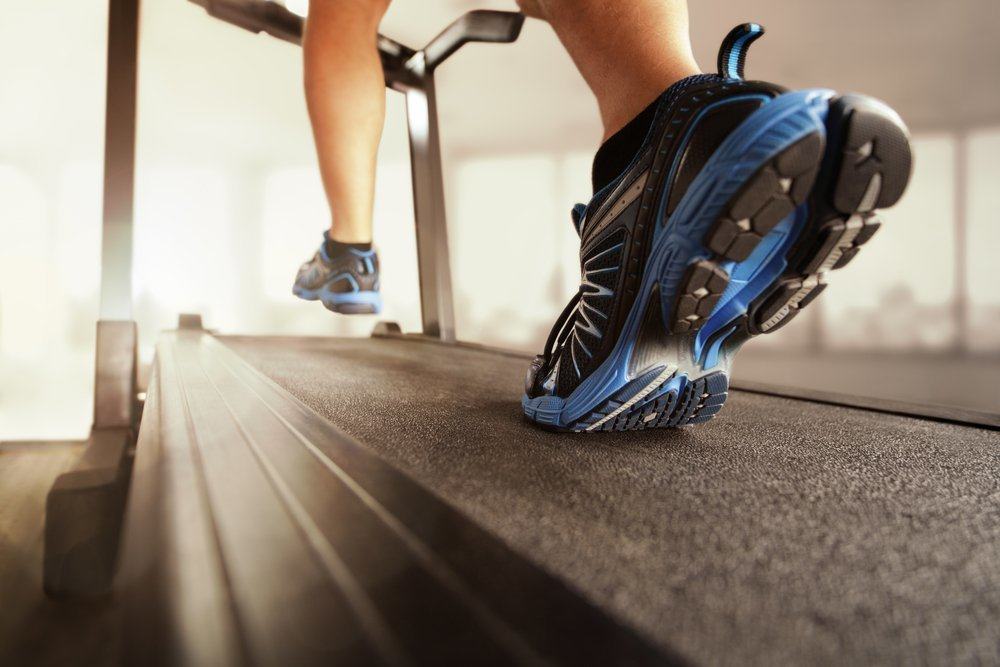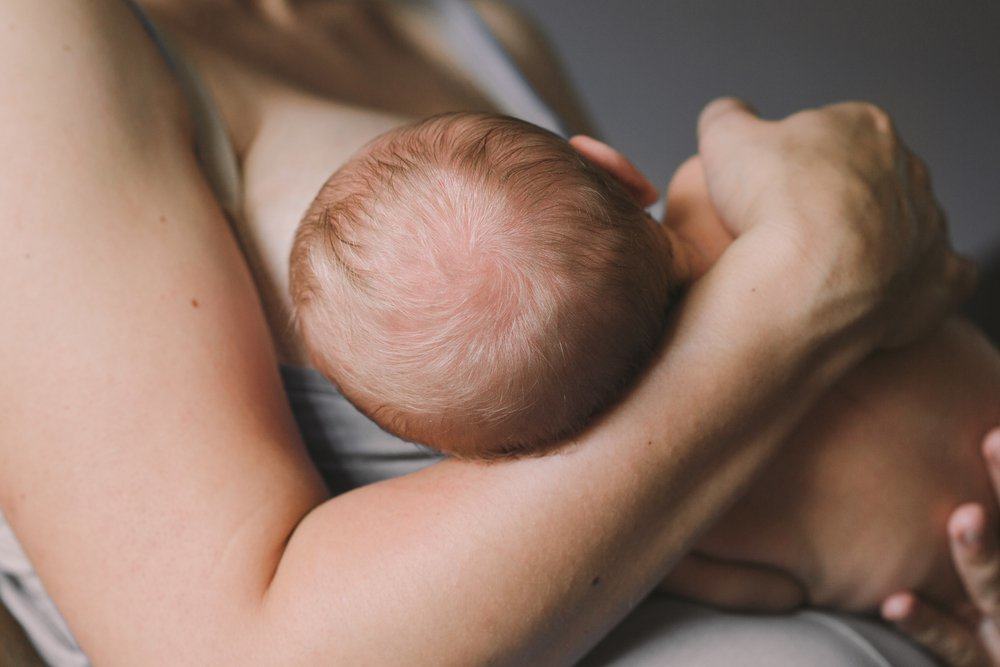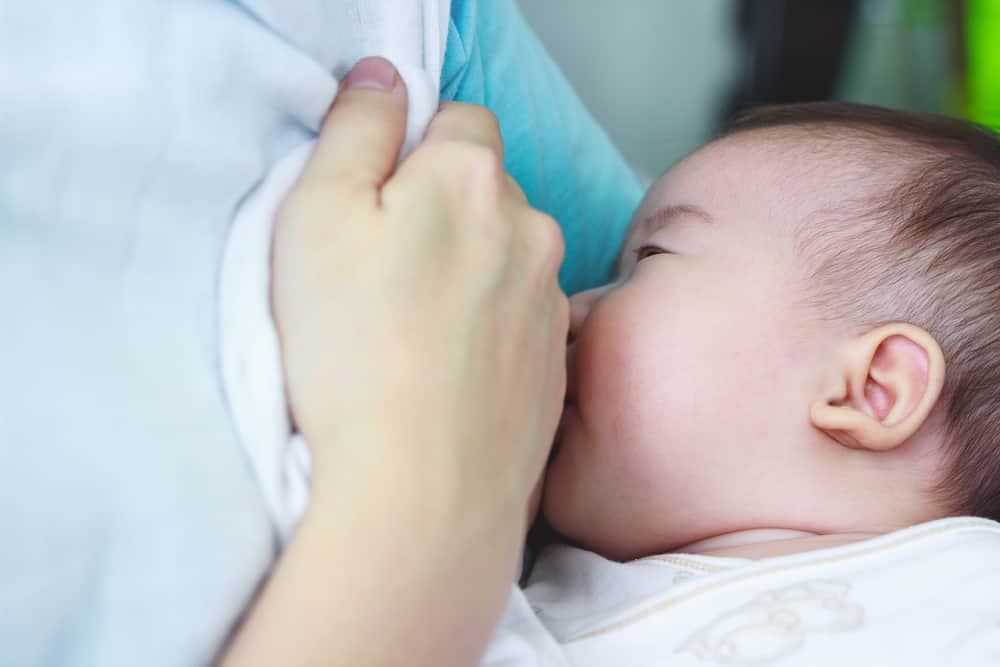Contents:
- Medical Video: Management and Treatment of COPD
- Acute causes of exacerbation of COPD
- Warning signs from flare-up COPD
- What to do at the first sign of flare-up COPD
- How to prevent Acute exacerbation of COPD
- When to contact a doctor?
Medical Video: Management and Treatment of COPD
Symptoms of COPD can worsen suddenly. This condition is called acute exacerbation of COPD. Some symptoms that you may feel can include difficulty breathing, coughing more often, or having more phlegm. Exacerbation of COPD problems, also known as flare-up COPD can even make you feel anxious and have trouble sleeping or even just to carry out daily activities.
So, what are the causes of the emergence of acute exacerbation of COPD and how do you deal with it? See the explanation on the following page.
Acute causes of exacerbation of COPD
Certain diseases, such as colds and lung infections due to viruses or bacteria can cause acute exacerbation of COPD. The airways that have been affected by people with COPD will make it worse if added to other respiratory problems.
Some other causes that can also cause acute exacerbation of COPD include:
- Exposed to cigarette smoke or other pollutants
- Changes in the weather
- Too much activity
- Fatigue
- Feel depressed or anxious
Often, you can overcome flare-up PPOk with medicine and taking care of yourself. For this reason, work with your doctor and prepare in designing action plan to treat symptoms of acute exacerbation of COPD. That way, you know what you have to do when your COPD worsens.
It is also important to recognize and understand your usual symptoms, your sleep patterns, and when you have good or bad days. It can help you learn the difference between your usual COPD symptoms and signs flare-up COPD.
Warning signs from flare-up COPD
Signs flare-up COPD can last for 2 days or more. When experiencing acute exacerbation of COPD, the symptoms are also usually more intense than you feel everyday. These symptoms can worsen and not heal. If you experience total exacerbations, you may need to go to the hospital immediately.
Common signs of early COPD you experience flare-up, including:
- Difficult to catch my breath
- Breath sounds that cause noise or wheezing
- Coughing, sometimes accompanied by more mucus than usual or discoloration in mucus
Possible other signs of acute COPD exacerbations include:
- Unable to take a deep breath
- Hard to sleep
- Headache in the morning
- Abdominal pain
- Worry
- Difficult to talk
- Swelling of the legs or ankles
- The skin is gray or pale
- Lips or tips of nails are blue or purple
What to do at the first sign of flare-up COPD
- Do not panic. You might be able to prevent the symptoms from getting worse.
- Use medication according to instructions flare-up. This can include an inhaler quick-relief, steroids or antibiotics to drink, or drugs with nebulizers.
- Take antibiotics as directed if prescribed by a doctor.
- Use oxygen if prescribed.
- Use the breathing technique with a conical mouth to save energy, slow down your breath, and relax yourself.
- If symptoms do not improve within 48 hours, or symptoms continue to worsen, contact a doctor or go to the hospital.
How to prevent Acute exacerbation of COPD
Chronic Obstructive Pulmonary Disease aka COPD is an incurable disease. However, you can prevent this disease from worsening. Some things you can do to prevent your COPD from worsening, namely:
- Stop smoking and avoid cigarette smoke. Avoiding smoking is the best way to slow down the process of lung damage. Ask your doctor about smoking cessation programs and other options, such as nicotine replacement therapy.
- Use medication as directed.
- Ask your doctor about pulmonary rehabilitation. This program includes exercise, breathing system practice, and nutrition tips.
- Visit a doctor 1 to 2 times per year, or according to instructions check-up.
Because people with COPD have problems with their airways, avoiding people who have viruses or bacteria associated with the respiratory tract (such as flu and colds) should be avoided. Some tips that you might be able to follow, are:
- As much as possible avoid people who have cold or flu.
- Wash your hands frequently. Bring it toohand sanitizer for times when you can't wash your hands.
- Get all vaccine recommendations, including flu shots every year.
- Avoid very cold air.
- Keep air pollution from the house, such as fireplace smoke and dust.
Having a healthy lifestyle must also be done to prevent the occurrence of acute exacerbation of COPD. Live a healthy lifestyle by:
- Stay active as much as possible. Try a short walk and light weight training. Consult your doctor about the proper methods of exercise according to your COPD condition.
- Take frequent breaks throughout the day. Take a break between daily activities to save energy and allow your lungs to recover.
- Live a healthy diet rich in lean protein, fish, fruits, and vegetables. Eat small portions several times a day.
- Don't drink too much liquid when eating. That way you will not feel too crowded.
When to contact a doctor?
After undergoing all handling Acute exacerbation of COPD, you should contact a doctor if your breath:
- Getting harder
- Faster than before
- Short and you can't take a deep breath
Also, contact your doctor if:
- You need to lean forward when sitting so you can breathe easily
- You use the muscles around the ribs to help you breathe
- You experience headaches more often
- You feel drowsy or dazed
- You have a fever
- You cough with thick colored phlegm
- Lips, fingertips, or skin around the nails are blue
- You experience chest pain or discomfort
Hello Health Group does not provide medical advice, diagnosis or treatment.

